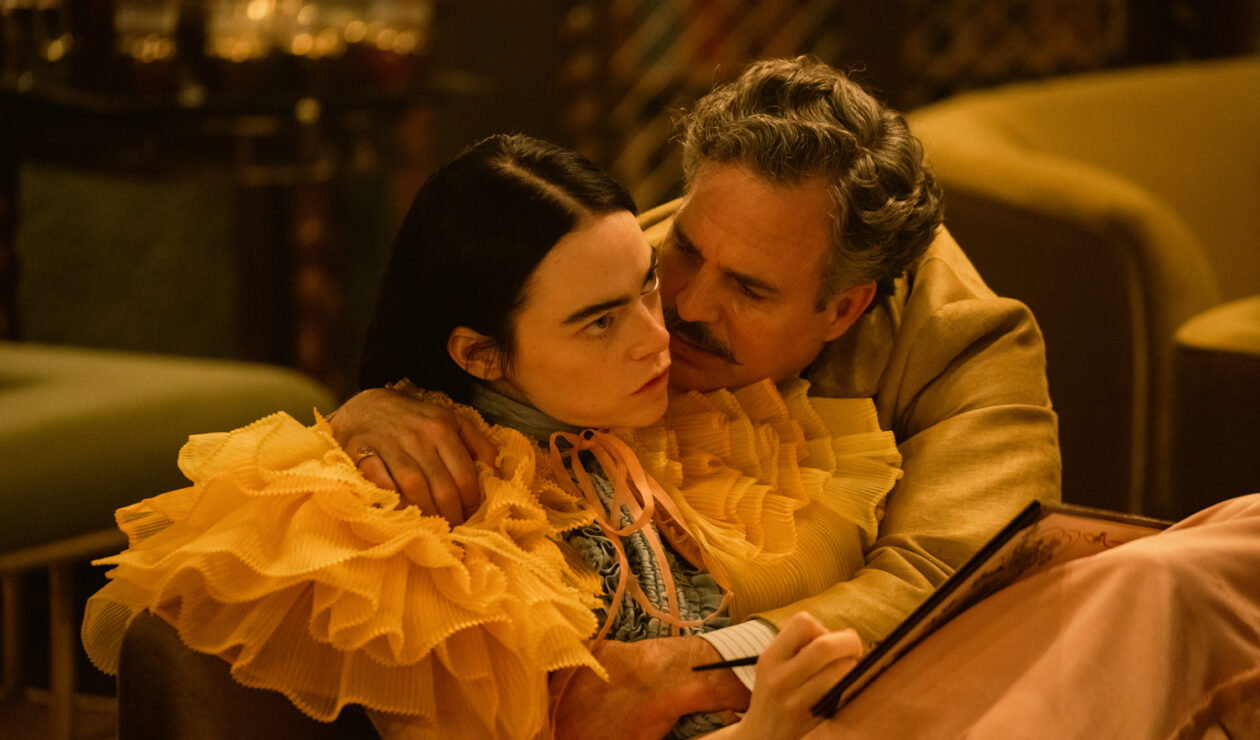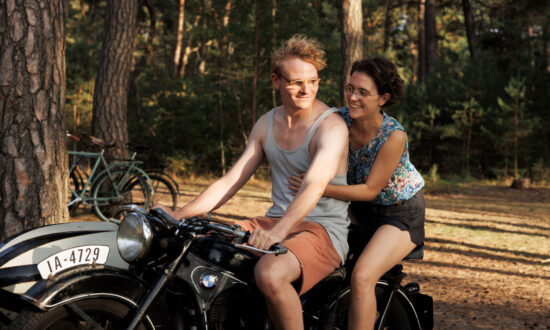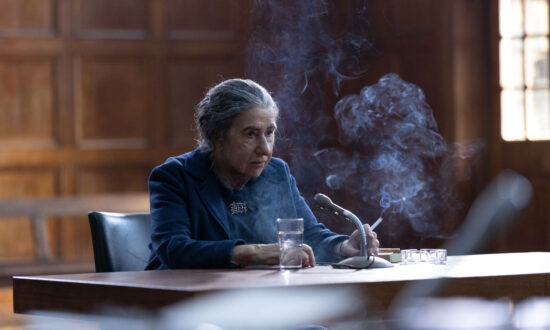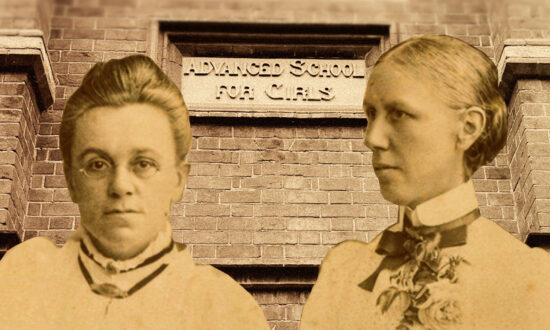Who are the poor things in this exhilaratingly bonkers Victorian morality tale bearing the eccentric stamp of director Yorgos Lanthimos? Maybe all of us.
It’s an odyssey of sorts, through the eyes of a resurrected woman, Bella Baxter (Emma Stone) created on the operating table of the mad scientist and father figure she comes to love, Dr Godwin Baxter. God for short.
We start with the back of a woman dressed in rich blue satin who throws herself off a bridge. Baxter drags her body, still fresh, from the water and reincarnates her by implanting in her the brain of the baby she was carrying.
So far, so bizarre. The early scenes in which Bella’s baby mind has her locked in toddlerhood are mercifully brief. As she gets older, she must navigate the inconsistencies and hypocrisies of everyday life, none of which make any sense.
It becomes darkly comic as Bella goes through life with a clear mind freed of the strictures of her time. Brace for sex, lots of it: this is R-rated for a reason, and Bella can’t get enough, just as she can’t stop stuffing her face with flaky custard tarts when she visits Portugal.
The strangeness of the story – adapted by Australian Tony McNamara from a novel by Alasdair Gray – is accentuated by the extraordinary look of the film. Scenes are given a trippy edge through the use of distorted, fish-eye lenses; architecture is organic and Gaudian, cities have touches of steam punk, a boat on the sea sails under a phantasmagorical sky. Nothing is normal, least of all Bella who, when her sexual feelings awaken, cares not where they land.
The roguish Duncan Wedderburn, played by Mark Ruffalo with delicious flair, is intrigued then hopelessly enamoured with her. But all around her people are standing still while Bella, like her hair, just keeps growing. When she makes her way to Paris and discovers she can be paid for doing what she loves, she finds her people.
While the story is a Victorian melodrama tinged with Frankenstein horrors, it has a sweetness to it, particularly in the relationship between Bella and Godwin, a magnificent William Dafoe with an asymmetrical jigsaw puzzle of a face, and his offsider, the gentle Max McCandles (Ramy Youssef).
There is a surreal magnificence in the way it all looks: in the regal colour palettes and dark, ornate interiors which are a trademark of Lanthimos’s work, and in Bella’s wardrobe of giant confections with sculptured sleeves and ruffs.
This mad fable showing where the application of pure reason leads becomes a philosophical work of comic genius in the hands of Lanthimos and his creative team.

Get InReview in your inbox – free each Saturday. Local arts and culture – covered.
Thanks for signing up to the InReview newsletter.
“Why don’t people do this all the time?” Bella asks Duncan after one of her first transportive bouts of sex. It is just one of the questions the film asks us to ponder.
Poor Things is screening again on October 27 at the Capri Theatre as part of the 2023 Adelaide Film Festival, which continues until October 29. Read more Film Festival stories and reviews here.
Support local arts journalism
Your support will help us continue the important work of InReview in publishing free professional journalism that celebrates, interrogates and amplifies arts and culture in South Australia.
Donate Here




